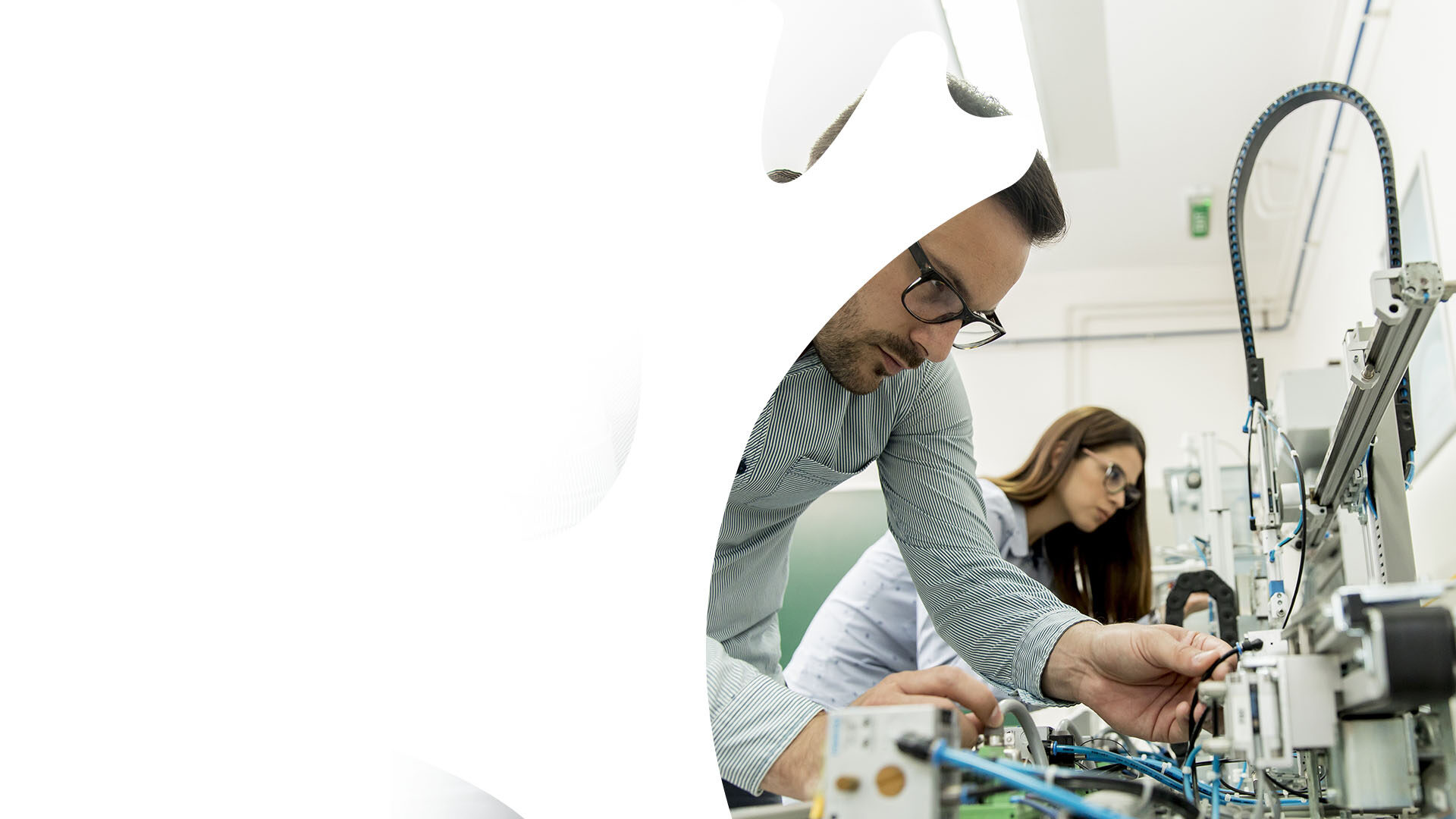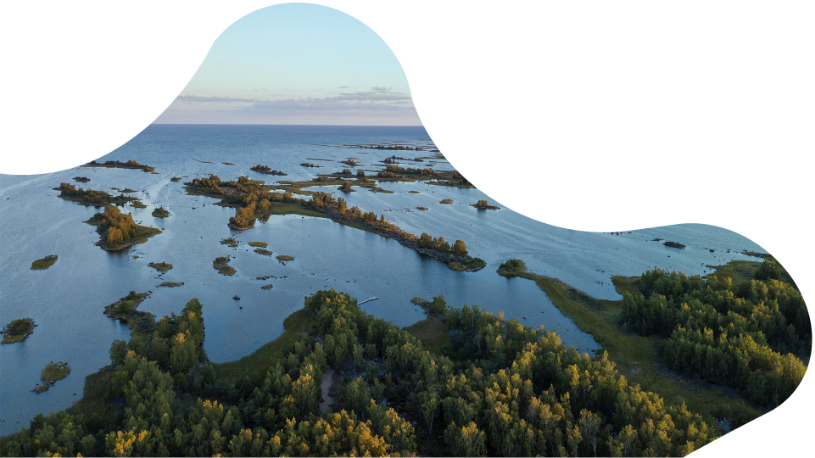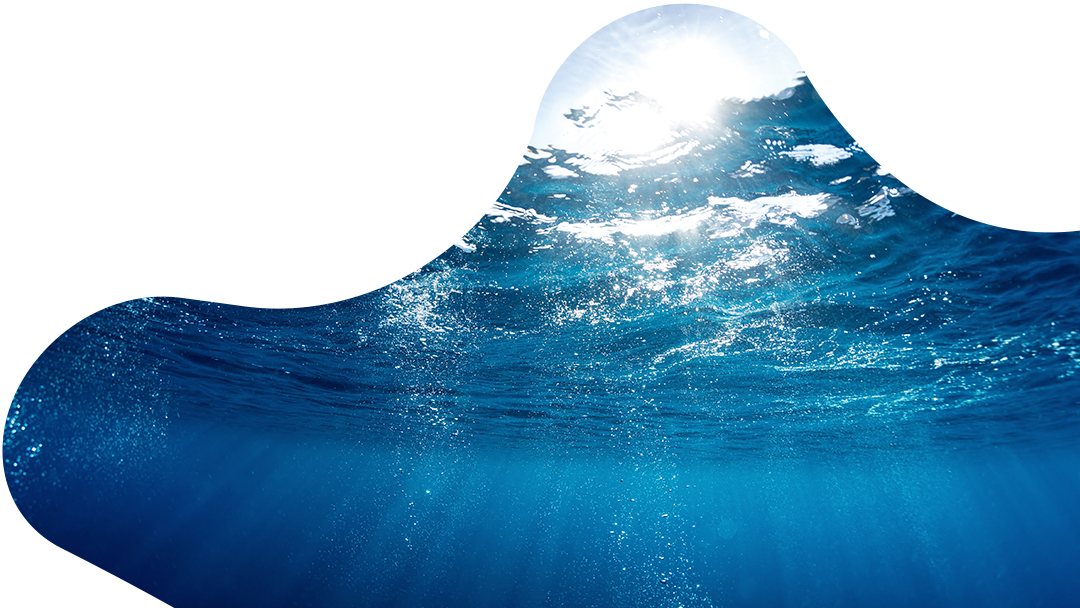

Developing and accelerating implementation of technologies enabling introduction of green fuels
ZEM ecosystem will develop engine technologies and energy storage systems together with potential customers and suitable suppliers and researchers in order to enable rapid introduction of economically and environmentally sustainable new fuels.
Main objective: Develop the best technologies for Zero Emission Marine internal combustion engine (ICE) concepts for new builds and retrofits in combination with, or standalone, Energy Storage Solution
List of important research topics:
- Hydrogen ICE concepts and system level technologies
- Ammonia ICE concepts and system level technologies
- Ethanol/methanol (especially bio origin) ICE concepts and system level technologies
- Operating on blends
- Aftertreatment to remove residual emissions
- Energy storage solutions for both electricity and heat
Articles & Events about New technologies

Towards zero-emissions by fuel-flexible technologies – New Finnish consortium brings cleaner solutions to marine and off-road transport
Read article Towards zero-emissions by fuel-flexible technologies – New Finnish consortium brings cleaner solutions to marine and off-road transport
Business Finland funds project for climateneutral shipping
Read article Business Finland funds project for climateneutral shipping
How does hydrogen actually work as a fuel? Research project receives 1.7 million euros to study hydrogen combustion
The goal of the project financed by Business Finland is to speed up the development of emission-free marine technology, among other things.
Read article How does hydrogen actually work as a fuel? Research project receives 1.7 million euros to study hydrogen combustion

Green engine simulation tool developed by VTT speeds up commercialization of new technology
The transition to fossil-free fuels requires new technologies. The GECFD research project coordinated by VTT is creating an open simulation platform to develop the new technologies needed for green fuels and digital modelling of their use.
Read article Green engine simulation tool developed by VTT speeds up commercialization of new technology


